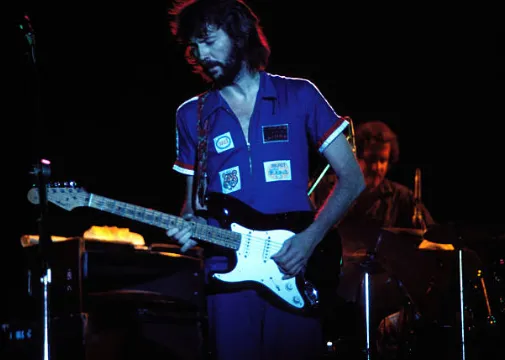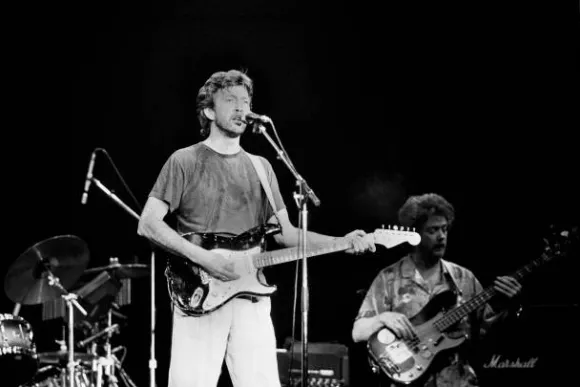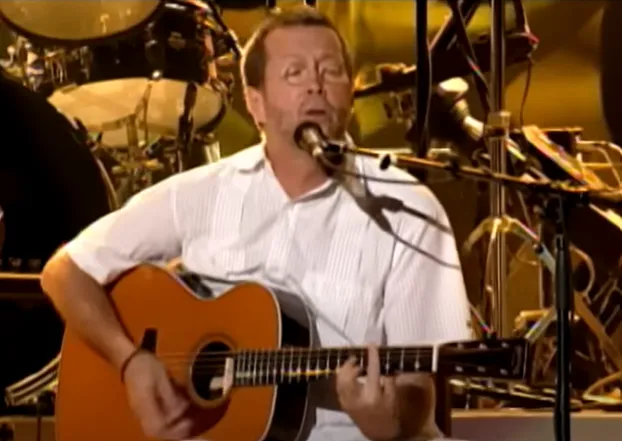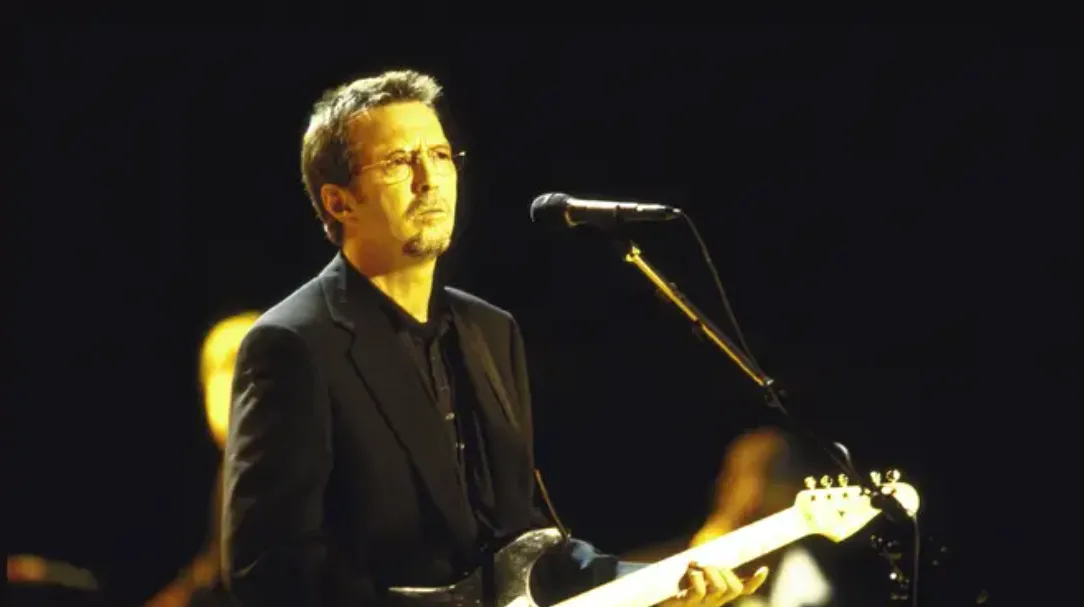Lost in the Melancholy Maze: A Deep Dive into Eric Clapton's 'Carnival' and its Emotional Resonance
(watch the video below)
Eric Clapton, a legendary figure in the realm of blues and rock music, has consistently captivated audiences worldwide with his soulful melodies and poignant lyrics. Among his extensive repertoire, "Carnival" stands out as a song that not only showcases Clapton's musical prowess but also delves into themes of introspection, longing, and the passage of time. Released as part of his album "No Reason to Cry" in 1976, "Carnival" offers listeners a journey through the complexities of human emotions, wrapped in Clapton's signature guitar riffs and heartfelt vocals. In this exploration, we will dissect the song's lyrics, instrumentation, and cultural context to unravel its deeper meanings and enduring impact.
The opening lines of "Carnival" immediately set the tone for introspection and nostalgia:
"As I wander through this carnival
Of sights and sounds I'm feeling low
Sort of like a separate reality
When you're on your own and out on the street"

These lyrics paint a picture of solitude amidst a bustling carnival, where the protagonist feels disconnected from the world around him. The metaphor of the carnival serves as a backdrop for the protagonist's inner turmoil, highlighting the transient nature of life and the transient nature of joy found in such settings. As the song progresses, Clapton's lyrics delve deeper into themes of loneliness and longing, with lines like:
"I don't want to be a stranger
Want to be at home"
Here, Clapton expresses a desire for connection and belonging, contrasting the alienation he feels with the comfort of home. The chorus, with its repetition of "I don't want to be a stranger," underscores the protagonist's yearning for intimacy and familiarity in a world that often feels unfamiliar and distant.
Musically, "Carnival" showcases Clapton's masterful guitar work, with soulful solos that evoke a sense of melancholy and longing. The song's instrumentation, characterized by bluesy riffs and subdued rhythms, complements the introspective nature of the lyrics, creating a somber yet captivating atmosphere. Clapton's emotive vocals further enhance the song's emotional depth, as he delivers each line with sincerity and vulnerability.

One of the most notable aspects of "Carnival" is its use of dynamics to convey the protagonist's emotional journey. The song begins with a gentle, almost wistful melody, gradually building in intensity as Clapton's vocals soar alongside soaring guitar solos. This crescendo mirrors the protagonist's inner turmoil, reaching a climactic moment of catharsis before gently fading into a reflective outro.
Released in 1976, "Carnival" emerged during a tumultuous period in Clapton's life and career. The mid-1970s saw Clapton grappling with personal struggles, including addiction and the pressures of fame. Against this backdrop, "Carnival" can be viewed as a reflection of Clapton's own search for meaning and connection in the face of adversity.
Furthermore, the themes of loneliness and longing explored in "Carnival" resonate with broader societal issues of the time, including the disillusionment and unrest prevalent in post-Vietnam War America. As listeners grappled with their own sense of displacement and alienation, songs like "Carnival" provided a soundtrack for introspection and empathy.

Despite being released over four decades ago, "Carnival" remains a timeless classic that continues to resonate with audiences around the world. Its poignant lyrics and haunting melodies speak to the universal experience of longing and introspection, transcending generational boundaries and cultural divides. Moreover, Clapton's heartfelt performance on "Carnival" serves as a testament to his enduring influence as a musician and storyteller.
In conclusion, "Carnival" stands as a testament to Eric Clapton's ability to weave together intricate narratives and powerful emotions through his music. From its introspective lyrics to its soul-stirring instrumentation, the song invites listeners on a journey of self-discovery and empathy. As we continue to explore the depths of human experience, songs like "Carnival" remind us of the power of music to illuminate the complexities of the human soul.



